I assume there's some beautiful Pythonic way to do this, but I haven't quite figured it out yet. Basically I'm looking to create a testing module and would like a nice simple way for users to define a character set to pull from. I could potentially concatenate a list of the various charsets associated with string, but that strikes me as a very unclean solution. Is there any way to get the charset that the regex represents?
Example:
def foo(regex_set):
re.something(re.compile(regex_set))
foo("[a-z]")
>>> abcdefghijklmnopqrstuvwxyz
The compile is of course optional, but in my mind that's what this function would look like.


